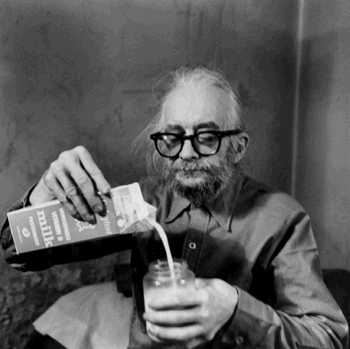“This dialogue between old texts and new is always going on at one level or another. Critics speak of this dialogue as intertextuality, the ongoing interaction between poems or stories. This intertexual dialogue deepens and enriches the reading experience, bringing multiple layers of meaning to the text, some of which readers may not even consciously notice. The more we become aware of the possibility that our text is speaking to other texts, the more similarities and correspondences we begin to notice, and the more alive the text becomes.” Chapter 5 “Now, Where Have I Seen Her Before?” page 34-35
While I have always believed that the interaction of texts and various forms of culture was more similar to an evolutionary cycle rather than a dialogue, I agree with the basic principle. Every writer and reader has their own literature memory, alongside a personal memory. It is simply impossible for a reader or writer to continue their ventures devoid of such memory. Therefore every sentence read or written is influenced entirely by what we know or have experienced. Whether it be the Bible or the recent BP oil spill, the way in which humans interact with internal mental processes relates entirely to the information that is stored within our own minds. I can't necessarily agree with the somewhat idealistic statement that this “dialogue” will always enhance the former text. I'm sure I would have a far greater respect for Shakespeare if his work wasn't constantly hackneyed by pop culture, but the familiarity Foster talks so highly of allows the reader to review previous assessments of classic works, like Foster's example of “Master Harold”... and the Boys. When a reader is exploring that vast world of the written word without the guidance of say a professor, the references intentionally used in literature from past works allow a reader to more fully understand the text in use. When readers don't have the option of discussing an complex passage with fellow readers, an individual person may still be able to fully experience a text via the means of past literature. And if a reader has not yet been exposed to the work being referenced in a current text, the work being referenced will then widen their literary memory, opening doors to deeper understanding and connection between a reader and a text. In my opinion it would be more accurate to say that as writers reform the work of other writers literature evolves by itself, due to the breadth of literary work, “literature” in many ways is a life form unto itself, as contributions are unending, and isolated human omniscience concerning such is impossible. While the dialogue that Foster mentions, in reality, occurs between the text and the singular reader, because the context of knowledge is separate from person to person.

Thank you so much for this article. I'm currently completing an assignment involving the I tear textually of a novel I'm reading and I have to discuss its effects. This was a great help :) Thanks again!!
ReplyDelete